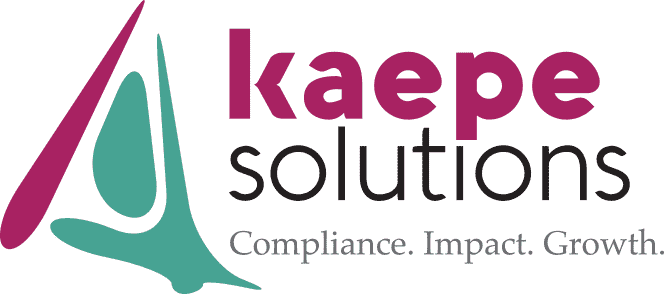As President elect Trump prepares to come into office, many of us are concerned about the impact that his policies might have on foreign policy initiatives including foreign assistance. Our pre-election view was that if he was elected there are systems in place that would help prevent significant changes in the current funding and foreign policy initiatives.
Now that Trump has been elected there is increased concern among NGOs about the effect of his presidency on their programs. The systems have not changed so why the concerns? It’s the realization that this is going to be a different kind of presidency from the norm. With both the Presidency and Congress controlled by Republicans will we see a return to restrictions such as the Mexico City Policy that prevents organizations that receive US government funding from doing work on abortion and abortion related programs even when those programs are funded with non-US government resources?
Will activists be able to raise their voices in protest against restrictions? Given the history of Trump’s intolerance for dissent will funding cuts or other punitive actions be a threat that activists face? The relationship between donors and activists will become even more of an issue given the uncertain future that the NGO community now faces with the world’s largest donor. How much will the US listen to the concerns of the development community given possible Trump administration plans to refocus resources to US infrastructure building?
“Donors have the power and there is lack of listening that has characterized the relationship.” Said Darren Walker, President of the Ford Foundation at a recent discussion on how the relationship between donors and activists has changed over the years.
A respondent to a Devex survey found that some of its members believed that the Trump presidency, “could erode support for existing US aid programs.”
“Funders have requirements that curtail our ability to be an advocacy organization. They have reporting requirements that turn us into bureaucrats that sit behind desks pushing paper in order to meet their monitoring expectations. Because of this we cease being activists, as these expectations impact on our ability to raise our voices higher to fight for justice for our people”, said Qondisa Ngwenya, chairperson of the Treatment Action Campaign (TAC), a South Africa organization that played a critical role in successfully addressing the HIV crisis. Will the Trump administration have even more stringent requirements of donor recipients? January 2017 will herald a new era in the funding world.
To read more on the Sonke Gender Justice article, “Rare discussion on relationship between donors and activists”, click here.
Click here to read more on the Devex article, “Trump win sends shockwaves through development world”.
